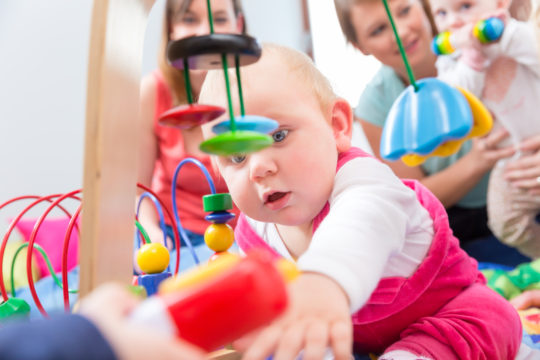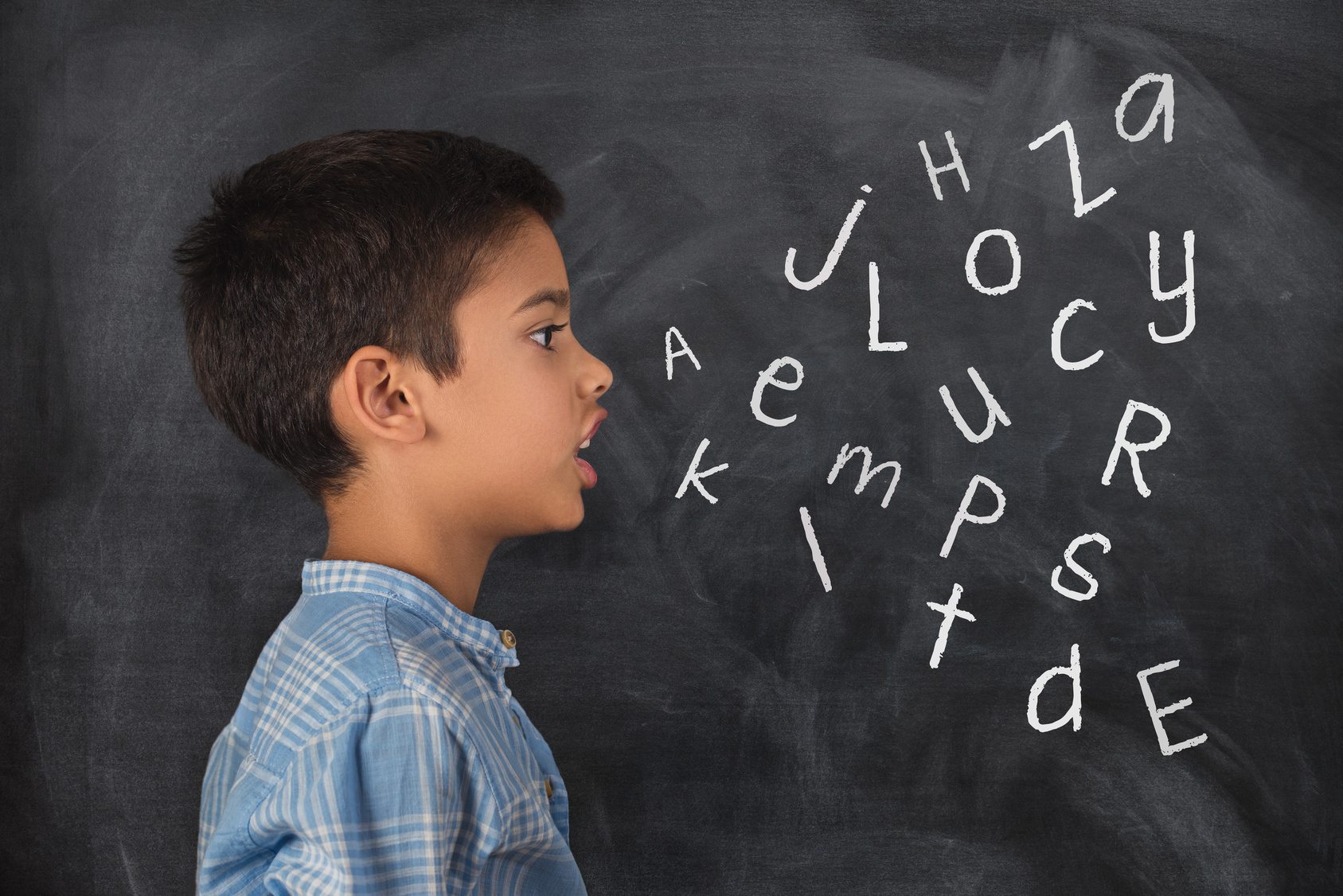Are you aware of the Characteristics of Effective Learning and what they mean for practitioners? They are a key element of the EYFS and guide how children should learn from their activities, experiences and environment. The fundamental principle is around how the individual child is learning, rather than what they are learning.
Practitioners should be able to show that they understand the Characteristics and also how each child applies them on a daily basis. It may be that a child does not follow a conventional approach to learning, but their own learning style should be supported and encouraged. This nurtures both learning in the early years but also throughout their life. It also forms a vital element of planning, as structures should reflect the different learning processes of the children. For younger children, you will need to be aware of their cues to indicate that learning is taking place, even if they are not able to articulate so.
What makes up the Characteristics of Effective Learning?
There are three areas within the Characteristics of Effective Learning, but they do not contain prescriptive tasks or outcomes that must be achieved. The emphasis is on supporting children as individual learners through both child-led and adult-led activities.
Playing and exploring
This element is about providing an environment that offers the children opportunities to play and explore, within their surroundings and with additional resources. This includes both indoor and outdoor environments. Think about what is available in every area of your facility; there should be familiar objects as well as unfamiliar items to encourage ‘having a go’. Staff should promote active learning, without pushing the children but providing intervention and guidance when required.
Active Learning
This characteristic focuses on the mental aspect of learning rather than the physical. It involves aspects such as concentration, which breeds involvement and in turn motivation. If your environment is stimulating and driven by the childrens’ interest it encourages more active learning. Children are more likely to concentrate on a task or activity that they have chosen, rather than something they are being told to do. They are more likely to persevere and achieve greater satisfaction on completion. It is important to provide praise and support for the fact that the child is learning, irrespective of the final outcome.
Creating and thinking critically
This element involves important problem solving skills, through opportunities for children to think things through by themselves or with others. Again guidance and intervention should be provided when required. This is alongside promoting extended thinking about the way things work through skilful questioning. This element also looks at how a child follows or carries out an instruction; the choices they make and the strategies they use.
Observations
Ofsted Inspectors will look for evidence that the Characteristics of Effective Learning have been effectively implemented and are being monitored. Observations made specifically against the elements of the Characteristics of Effective Learning can be a useful tool for this. The Characteristics should be considered at all stages of the ‘learning lifecycle’ of a child, including observations, planning and assessment. Above all, it is about nurturing creative and adventurous learning within children; skills which they can carry through to school education and beyond.
LEARNING OUTCOMES
As part of the National Nursery Training Characteristics of Effective Learning (CoEL) course you will learn:
- An understanding of the key characteristics of effective learning
- The ability to identify a range of learning styles
- An understanding of learning process over learning outcome
- An understanding of the relationship between the EYFS and CoEL
- An understanding of planning with a CoEL approach
CERTIFICATION
Successful candidates will be awarded the National Nursery Training Characteristics of Effective Learning (CoEL) Course Completion Certificate.
Upon Successful completion you will receive a certificate confirming course completion. Accreditation is provided by National Nursery Training. This can be used to provide evidence for compliance and audit. The purpose of this qualification is for the update and continued professional development (CPD).
National Nursery Training is an accredited CPD Training Provider #776846 with the CPD Accreditation Group.
Duration: 2 hours



